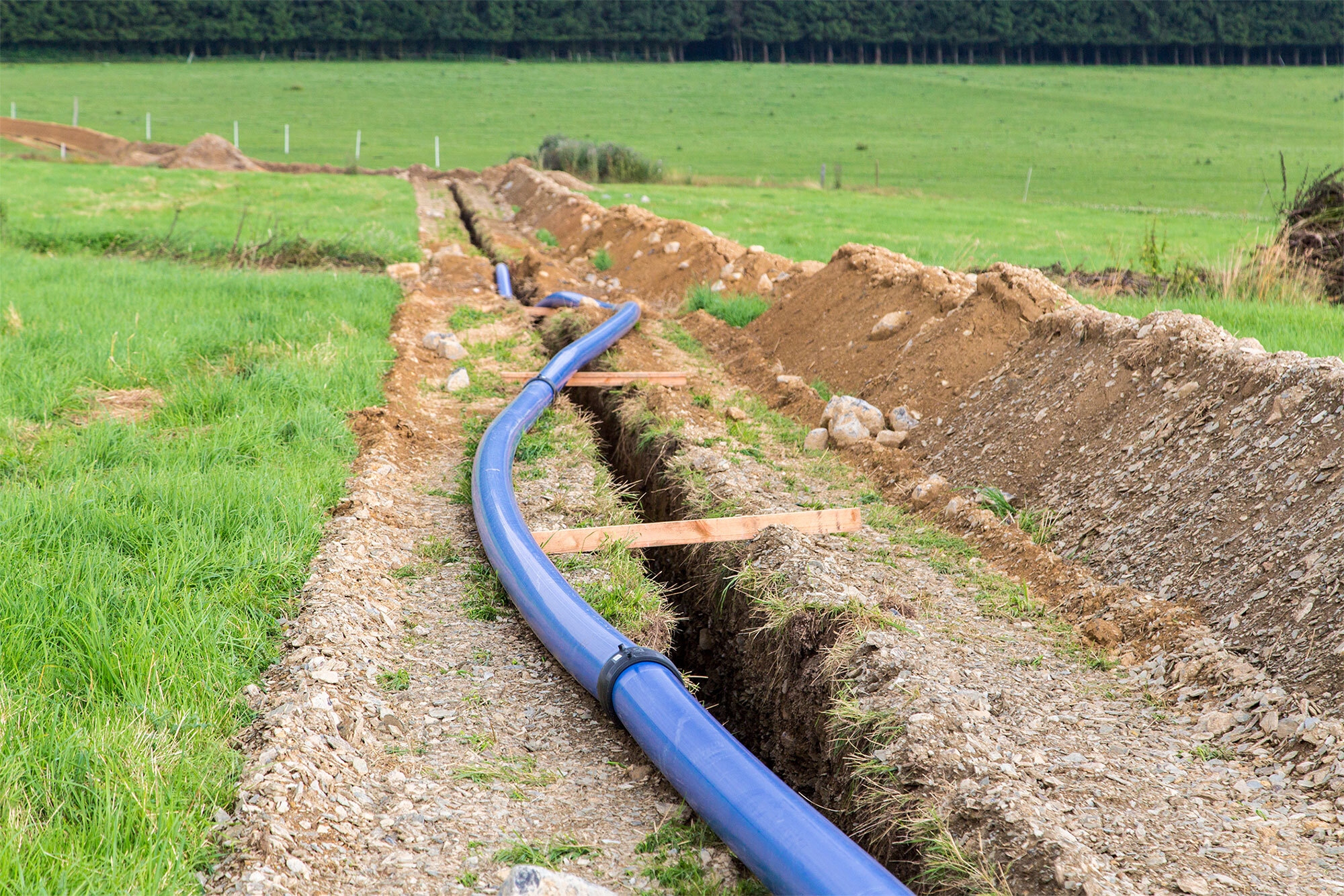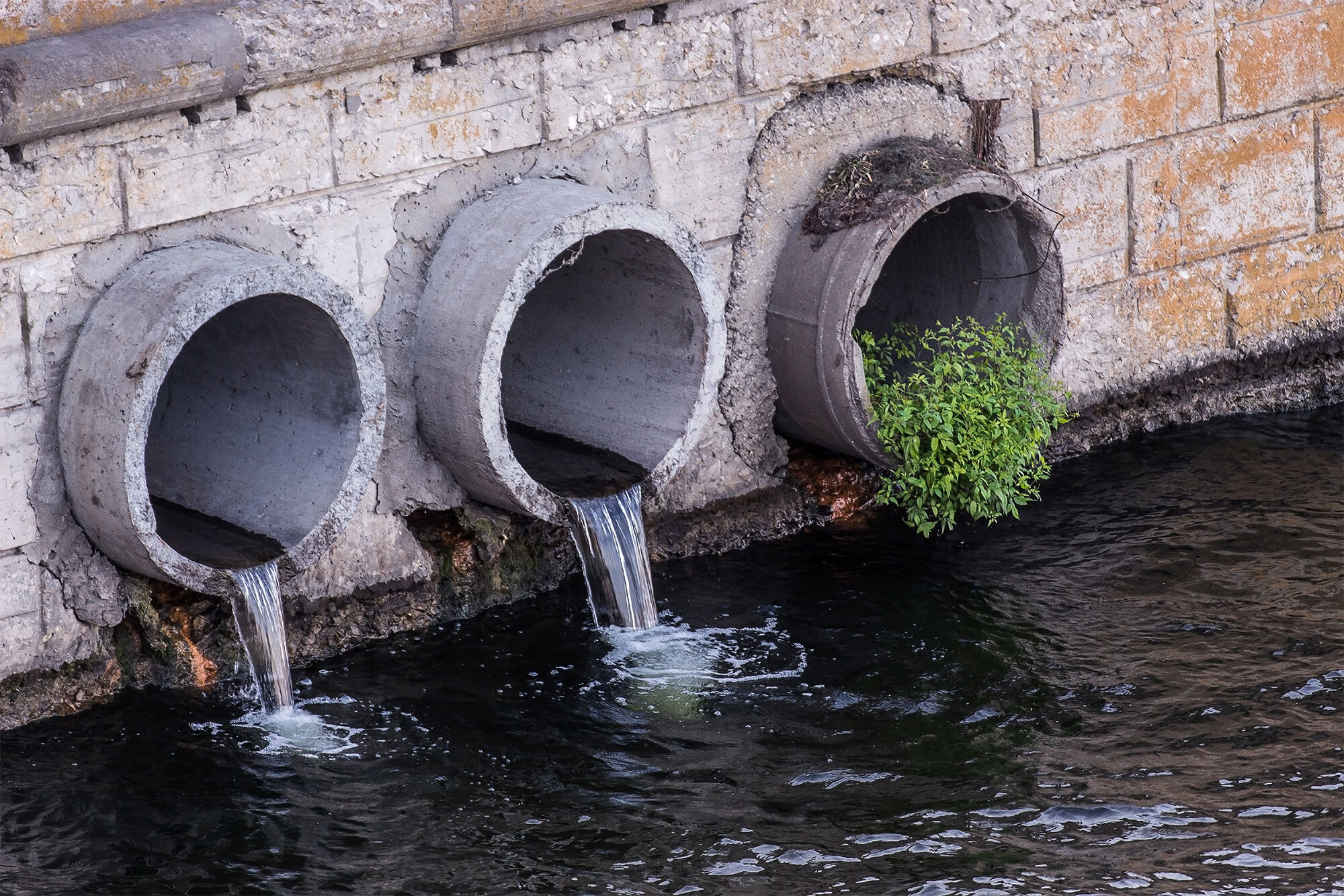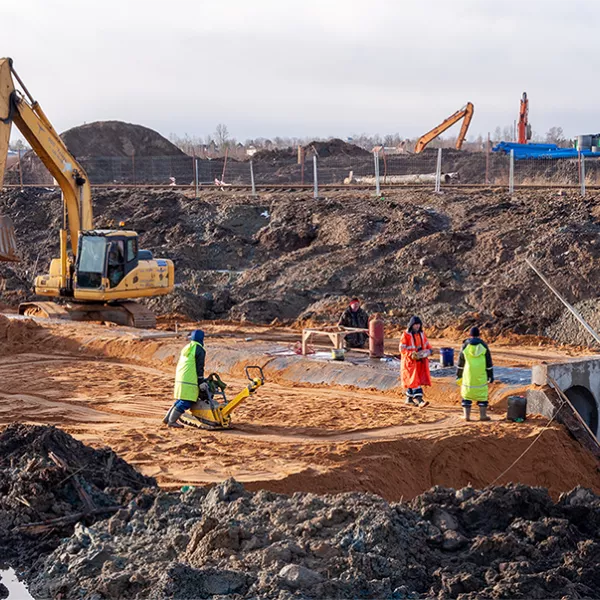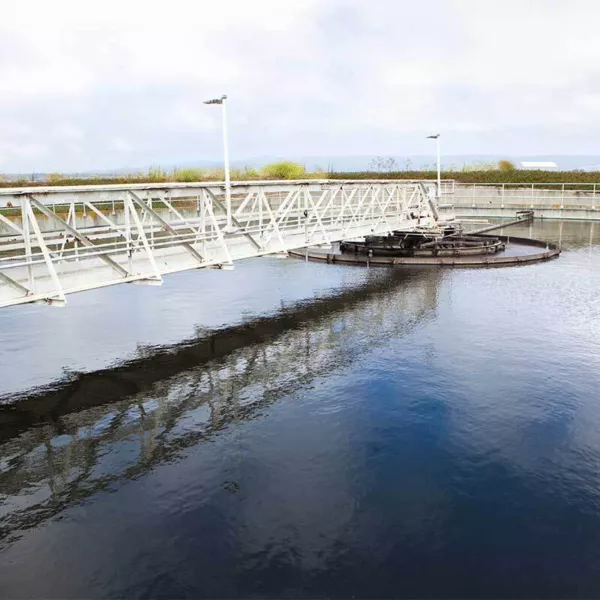PFAS: ramping up clean-up campaigns
While lawmakers in the EU and USA consider how to restrict PFAS usage, experts are already engaged in the task of removing “forever chemicals” from contaminated land and groundwater. Per- and polyfluoroalkyl substances, or PFAS, are increasingly linked to several serious health conditions, including cancers and birth defects. These chemicals have long been used in a wide range of household and industrial products including firefighting foams, cosmetics, textiles, paints, cooking pans and food packaging. When emitted in production and waste streams, PFAS bioaccumulate in the environment and can enter the human food chain.




